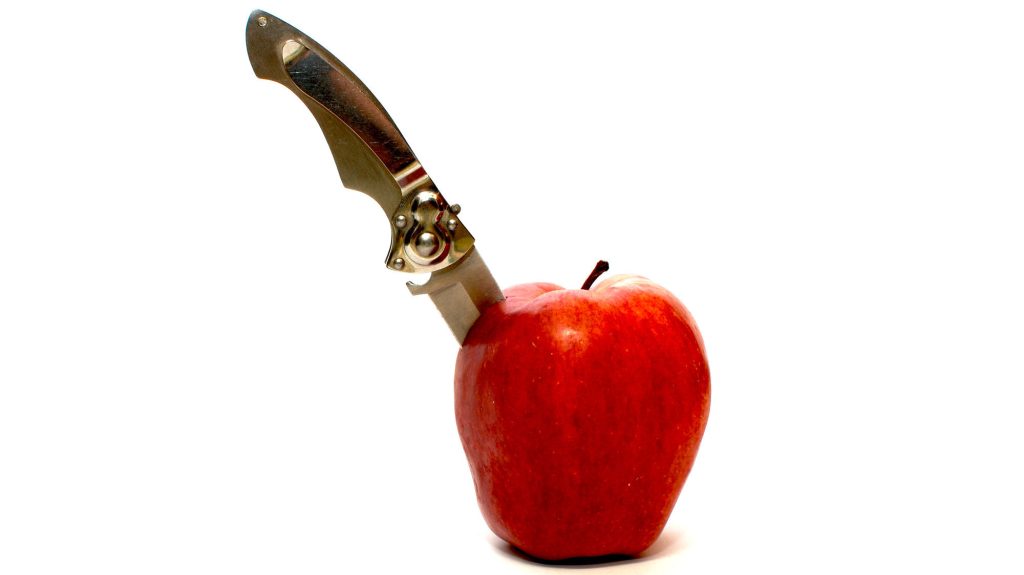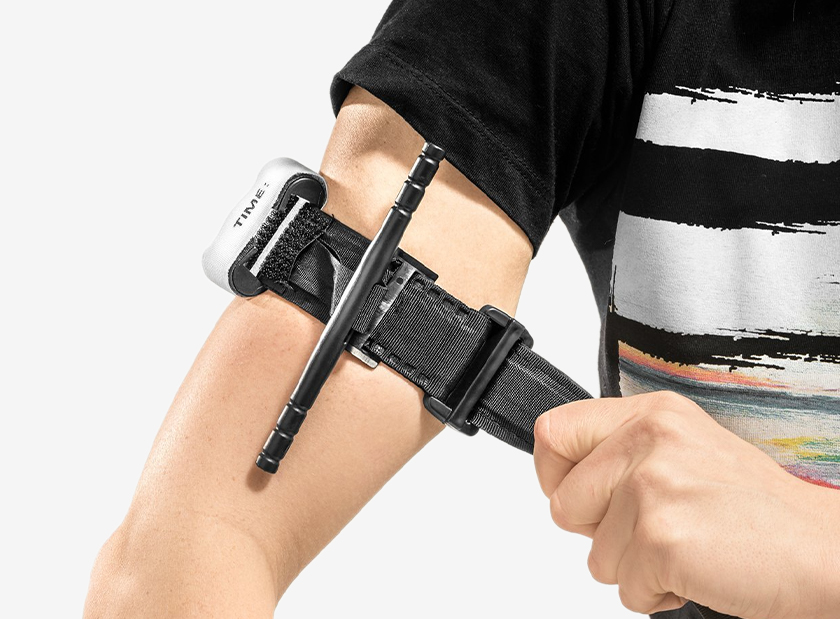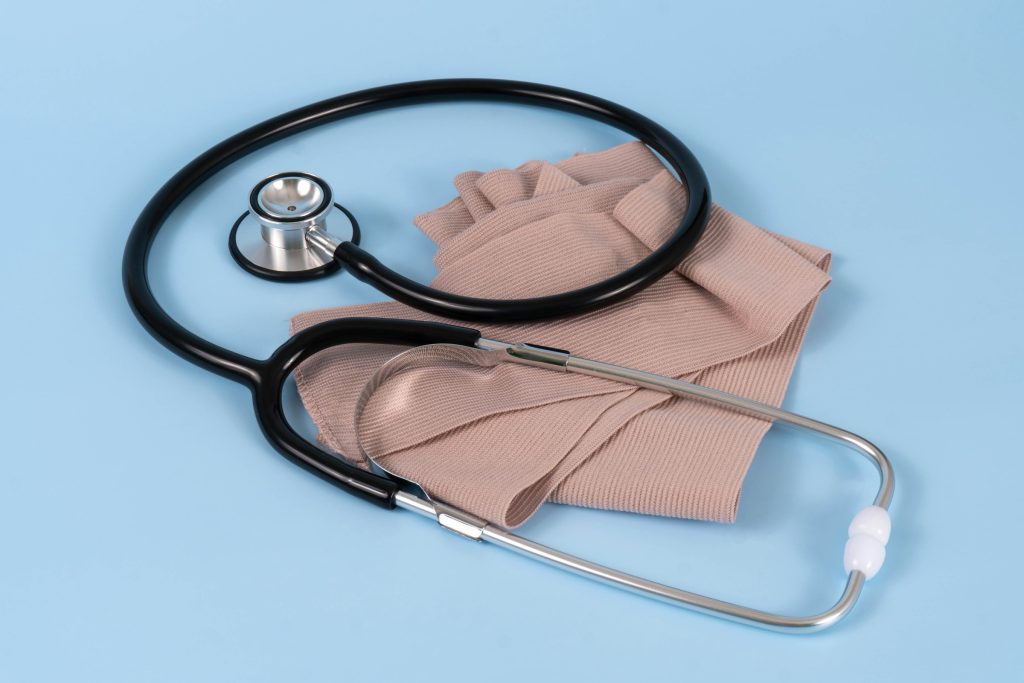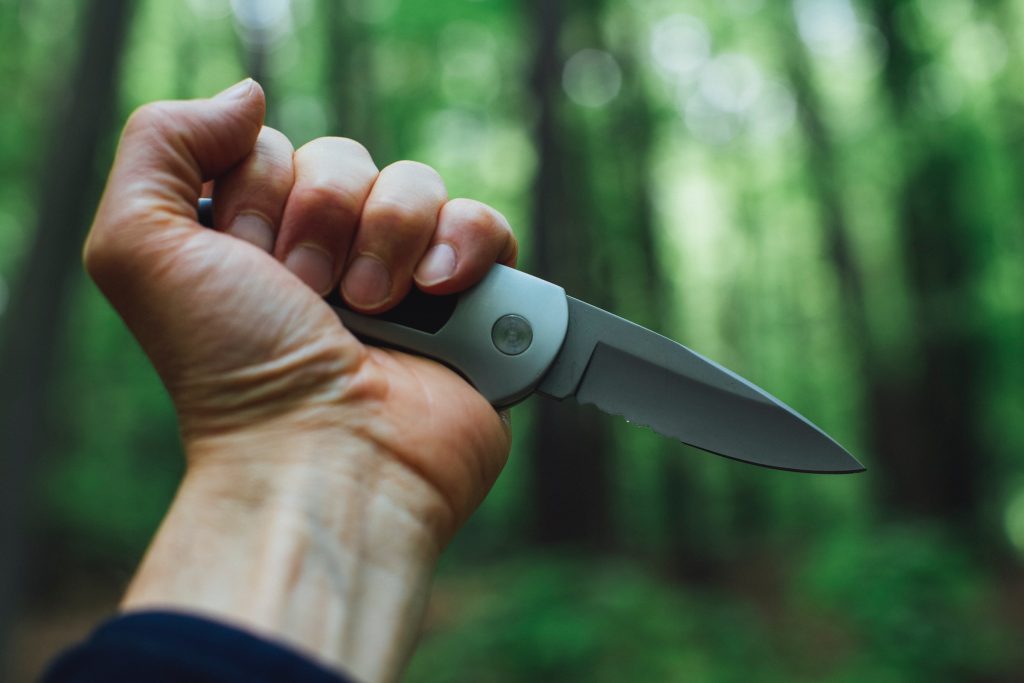Any size or depth of knife wound requires careful attention to prevent consequences including infection, nerve damage, or excessive bleeding. A mishap at home, an incident at work, or a violent conflict can all end in a knife wound. The capacity to promptly and effectively recognise and treat this damage may be vital to preserving life.
When faced with this kind of situation, a lot of individuals will find themselves in a state of confusion or uncertainty about what to do when faced with a knife injury. However, there is no time to be confused as when dealing with these injuries, it is imperative to understand all types of injuries and apply first-aid measures that can make a difference.

Taking the time to understand this subject is not just for healthcare professionals. Everyone can benefit from this potentially life-saving knowledge from parents and teachers to outdoor enthusiasts and chefs.
Understanding Knife Wounds
Contents
A knife wound is exactly what its name suggests: damage to the body brought on by a knife or other sharp item. These wounds frequently pierce the skin as well as the tissues beneath it; depending on the precise location and extent of the damage, they may even reach important organs.

You will find that unlike puncture wounds or abrasion wounds, knife wounds tend to be more complicated to treat due to the likelihood of severe bleeding and potential damage to underlying structures. With that, knife wounds can range from superficial skin lacerations to life-threatening internal injuries and it becomes essential to correctly identify the type
Best Practices for Knife Wound Management
A set of sequential steps aimed at lowering the danger of permanent tissue damage, stopping infection, and controlling bleeding are all part of good first aid management of knife wounds. In addition, it will entail tending to the injured individual’s comfort and, if required, setting up professional medical care.

Ensuring the victim and the rescuer are safe comes first when treating a knife wound. To prevent diseases on both sides, this entails ensuring the situation is secure and donning gloves. In order to stop the bleeding, it is essential to push against the wound with a fresh cloth or bandage. Pressure may not be sufficient in certain cases, particularly if there has been extensive blood vessel damage, and an emergency tourniquet may need to be used.
Although it may seem sense to attempt to heal profound wounds right away, doing so is sometimes counterproductive and can even make matters worse. Once bleeding control has been achieved, superficial wounds can be gently cleaned; however, serious wounds need to be covered, and the patient has to be taken as soon as possible to an emergency hospital.
Treating Specific Types of Knife Wounds
There are varying knife injury types that can be afflicted to a person. One of these wounds can be a slash wound where the skin, muscles, or tendons have been severed. Another type will be a stab wound, or laceration, where the knife has penetrated the flesh. There are distinct difficulties associated with each type and a care plan is needed for each.

For example, a cut that is neat and precise through the skin usually characterises a laceration. Controlling bleeding and preventing infection would be the primary goals of first aid in such situations. This can be done by applying pressure and properly wrapping the wound.
Stab wounds, on the other hand, are more likely to cause serious inside injuries since they are deeper. These will need to be treated medically right away. But in the meantime, it’s critical to keep applying pressure to the incision and to reassure and soothe the patient.
When To Seek Medical Attention For Knife Wounds
While it’s important to provide basic first aid for knife wounds at home or in the field, in the event of severe injuries, it should never take the place of medical attention from a professional. Seek medical assistance right away if the incision is deep, bleeding heavily, on the face, or if there is any numbness or weakness.

Not getting medical help in a timely manner can lead to consequences like uncontrollable bleeding, shock, infection, damage to the nerves, and in extreme situations, death. Seeking advice from a healthcare professional is always a good idea, even if the injury doesn’t first seem life-threatening.
Additionally, keep in mind that some wounds cannot show how bad they are right away. An abdominal knife wound, for example, can appear little at first but could have harmed vital organs. Therefore, whenever there’s a chance of a serious wound, always err on the side of caution and get medical attention.
Understanding Knife Wounds

Adhering to the standard practices of knife wound management is crucial, from ensuring personal safety and controlling bleeding to recognizing when medical help is needed. Given the potential complications that can arise from such injuries, it’s always better to seek a professional evaluation after administering initial first aid, to rule out severe damage. Ignorance isn’t bliss when it comes to dealing with knife wounds – knowledge and appropriate action, however, could be a lifesaver.

